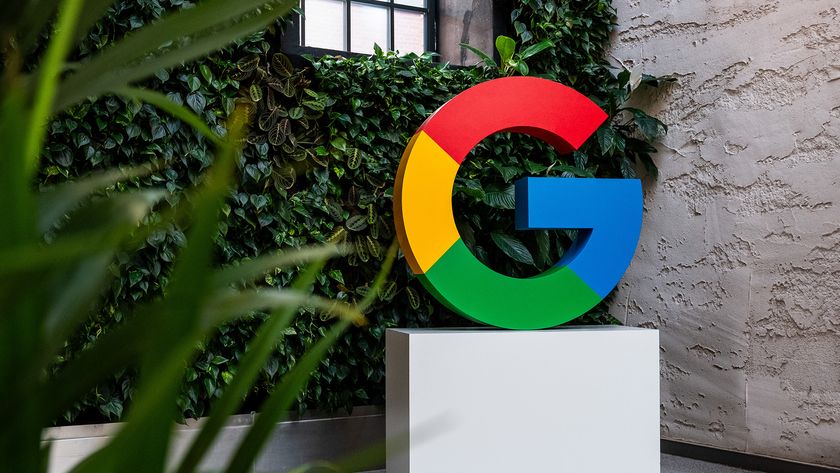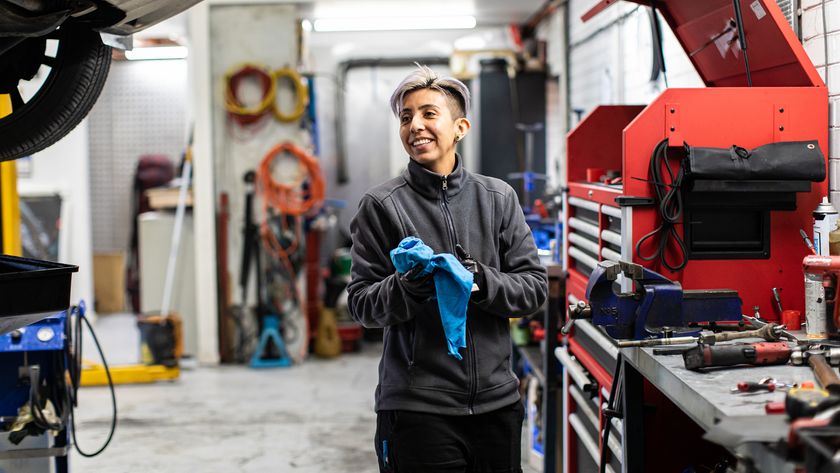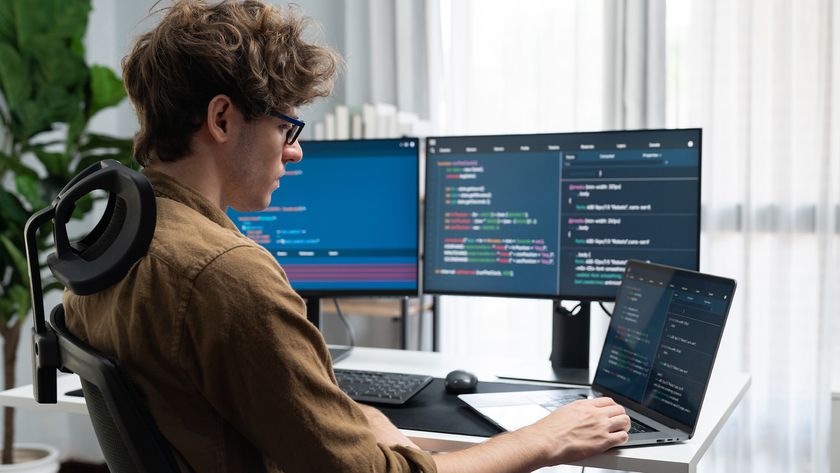Nesta blasts UK schools for "wasted" technology investments
New report by education and skills charity claims schools are spending £450 million a year on technology without assessing the impact it will have on students.

UK schools are wasting millions of pounds a year on technology that is not used, claims a damning report from education and skills charity Nesta.
According to the organisation's Decoding Learning report, UK schools are spending 450 million a year on technology including tablets, whiteboards and other gadgets with little or no evidence that they will have a positive impact on the way children learn.
"The education sector has invested heavily in digital technology, but this investment has not resulted in radical improvements to learning experiences and educational attainment," the report states.
The emphasis is too often on shiny hardware, rather than how it's used.
One of the reasons for this, Nesta claims, is because technology is often introduced without changes being made to the way teachers and schools work first.
Therefore, the charity is urging schools to tailor their technology investments better to the way children learn.
Geoff Mulgan, chief executive of Nesta, said the problem is technology is often used to support existing teaching practices, rather than encourage the development of new ones.
Get the ITPro. daily newsletter
Sign up today and you will receive a free copy of our Focus Report 2025 - the leading guidance on AI, cybersecurity and other IT challenges as per 700+ senior executives
"There is incredible potential for digital technology in and beyond the classroom, but it is vital to rethink how learning is organised if we're to reap the rewards," he said.
"The danger is that the technology of the 21st century is being applied using teaching methods of the 20th.
"The emphasis is too often on shiny hardware, rather than how it's used," he added.
The report also sheds some light on several technology areas it claims could have a positive impact on student learning.
These include the introduction of new social media tools that allow students to collaborate on work projects, as well as mobile working facilities that make it easier for teaching to happen outside of the classroom.
"There is a considerable incentive for the industry to design such tools, but such new technologies needs to shift focus towards the variety of possible uses based on research and practice," the report advised.
The report also calls on schools to make better use of the IT they already have, rather than keep investing in the latest and greatest new tech.
"Initiatives to equip every child with a mobile, laptop or tablet serve a purpose, [but] we must also consider how the existing resources at our disposal can be used more creatively, and effectively," the report states.
"We need to change the mindset amongst teachers and learners: from a plug and play' approach where digital tools are used, often in isolation, for a single learning activity; to one of think and link' where those tools are used in conjunction with other resources for a variety of learning activities,"
Andrew Mulholland, business solutions manager at networking vendor D-Link UK and Ireland, backed the report's findings, but stressed technology has an important part to play in the education market.
"It can be very easy for schools to be 'sold' on the latest gadgets only to find months down the line they aren't being used properly or worse still not at all," he said.
"It [is all well and good] for schools to invest in the latest iPads and applications, but unless there are the skills and the network infrastructure to support them, there is a danger they will just become glorified toys."















